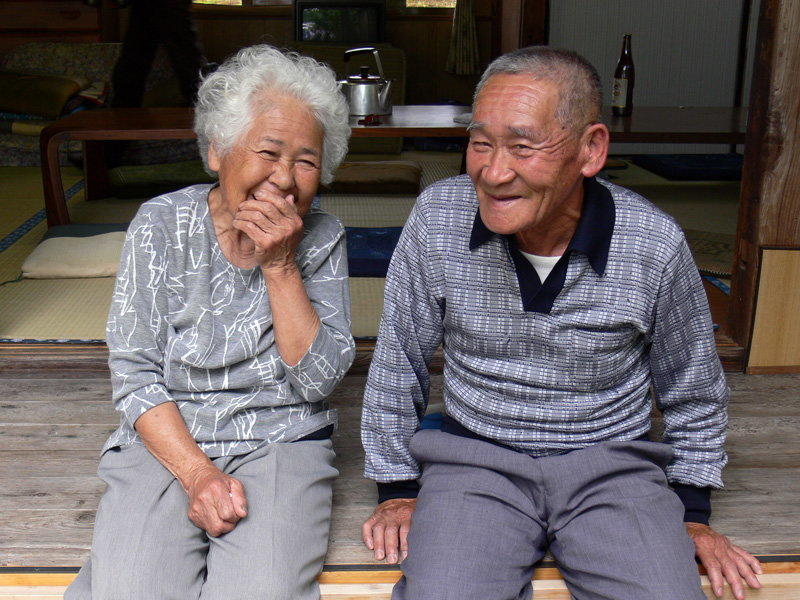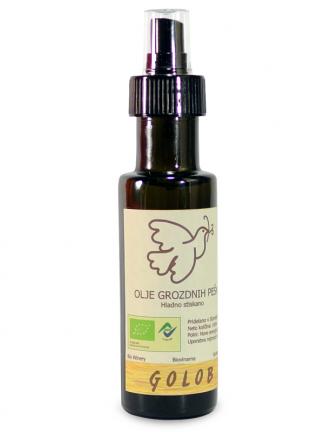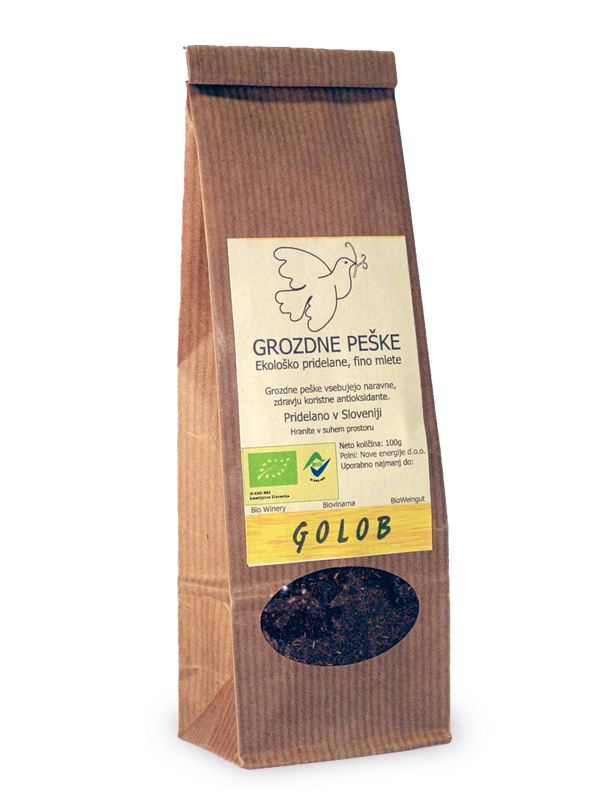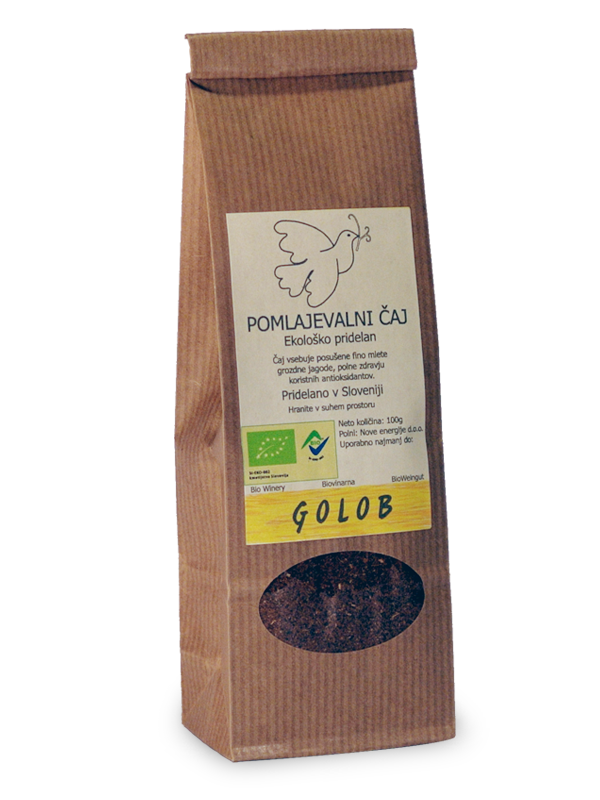Inflammation is a part of the body’s innate immune response to physical injury, harmful microorganisms, damaged cells, irritants, toxins or other adverse stimuli. It involves complex biological changes in the vascular tissues, with the traditional signs of inflammation being rubor (redness), calor (heat), tumor (swelling), dolor (pain) and function laesa (loss of function). Rubor and calor are caused by increased blood flow at core body temperature to the injured site, tumor is due to the retention of fluid and dolor is caused by the release of chemicals which stimulate the nervous system. Functio laesa might exist due to several reasons. While all the traditional signs might be observed at the inflamed site, none is necessarily always present.
While inflammation is a natural biological process that promotes healing, chronic inflammation (lasting from several months to years) can lead to serious health problems such as rheumatoid arthritis (inflammation of joints and tissues), ankylosing spondylitis (inflammation of the axial skeleton), periodontitis (inflammation of the tissues around the teeth), cancer and other ailments. To highlight the importance of keeping the process of inflammation under control, let us consider one of the aforementioned diseases – rheumatoid arthritis, in more detail.
Rheumatoid arthritis is an autoimmune disease that is characterized by an inflammation of the joints, surrounding joint tissues as well as other organs. It affects persons of all ages (though it most often affects individuals in the 30-50 year old age range) and can result in permanent joint destruction, functional loss and deformity. There are approximately 21 million persons living with rheumatoid arthritis worldwide, with 3 million of those residing in Europe. As might be expected, the disease has drastic effects on the global economy. The direct costs of rheumatoid arthritis (including hospitalization, treatments, diagnostics, etc.) is approximately 14 billion euros per year in Europe, with the indirect costs (due to productivity losses and informal care) reaching an additional 17 million euros. The disease also affects 3 times more women than men and to date, there is no known cure.
In addition to inflammation of the joints, persons suffering from rheumatoid arthritis tend to experience (1) restricted movement of the joints around the hands, elbows, neck, feet and knees (2) pain and loss of strength (3) feeling generally unwell and fatigued and (4) stiffness in the morning, or after sitting for a prolonged period of time. These limitations can severely disrupt a person’s ability to perform basic everyday tasks and thus often leads to feelings of worthlessness, anxiety and depression. Victims often feel unable to provide for their families or plan for the future and see themselves as a heavy burden for their family members to bear. For these reasons, rheumatoid arthritis has one of the worst quality of life scores among all chronic diseases.
While there is no known cure for rheumatoid arthritis, there are several preventative measures we can take to reduce the risk of developing this and other inflammation-related diseases. Perhaps the easiest and simplest method is the regular consumption of grapes and grape seed extract. Grapes (and especially grape seeds) contain high concentrations of effective anti-inflammatory agents known as proanthocyanidins.
Scientists have been investigating the anti-inflammatory effects of grape seed extracts in recent years and these studies have yielded some very interesting findings. In one study, Vitseva, et al. (2005) highlighted that the extract from “grape skins and seeds inhibit platelet function and platelet-dependent inflammatory responses at pharmacologically relevant concentrations.” In another experiment, Terra, et al. (2007) demonstrated an “immunomodulatory role of grape seed proathocyanidins and thus a potential health-benefit in inflammatory conditions that exert an overproduction of nitric oxide (NO) and prostaglandin E2 (PGE2).”
As humans we are exposed to various conditions and situations that can adversely affect our health – sometimes, even unknowingly. Chronic inflammation can lead to some of the most debilitating diseases in existence. However, it is evident that Mother Nature has not left us unprepared for the challenges we face. In grapes, grape seeds and grape seed extract, we have a natural, cheap and readily available tool to protect us from these devastating ailments.
References
- http://www.ncbi.nlm.nih.gov/pubmed/16160595
- http://www.ncbi.nlm.nih.gov/pubmed/17461594
- http://www.medicalnewstoday.com/articles/248423.php
- http://www.medicinenet.com/rheumatoid_arthritis/article.htm
- http://www.roche.com/rheumatoidarthritis.pdf



